Ginkgo biloba, also known as maidenhair or Kew Tree, is a tree native to China. It's renowned as one of the oldest living species 1 . Its beautiful fan-shaped leaves make this plant a feature of many parks and gardens in the UK.
The health benefits of gingko have been well known for centuries in traditional Chinese medicine. The leaves and seed have been used to treat a variety of conditions. And it seems that we in the west are starting to learn more about the potential of gingko, too.
Many people are now turning to ginkgo supplements to support a number of different health areas. In this article we are going to take a closer look at some of them.
- What is Ginkgo biloba?
- What are the health benefits of taking ginkgo?
- How does ginkgo affect the brain?
- Can Ginkgo help with cardiovascular disorders?
- Can I take ginkgo with other medication?
- Does ginkgo have any side effects?
- Are all ginkgo supplements equal?
What is Ginkgo biloba?
Ginkgo biloba L. (often referred just as ginkgo or gingko), is the only living dioecious species in the family Ginkgoaceae. It grows in southeastern China, but it is now cultivated all over the world 2 .
Ginkgo is often referred to as the fossil tree, as some specimens found in temples are over 1,500 years old. It’s also very resistant to environmental stress, as shown by the survival and regrowth of ginkgo trees close to the Hiroshima atomic bomb site 2 . The main active compounds of ginkgo leaves are flavonoids. Over 30 types of flavonoid compounds have been described from ginkgo, which probably explains the variety of benefits linked to this plant.
What are the health benefits of taking ginkgo?
Ginkgo has many important properties that are vital to our health and wellbeing so it’s no wonder its popularity is growing. It has antioxidant, anti-inflammatory and antiviral properties, so ginkgo extract is used to treat a wide variety of health issues. Recently much of the research has concentrated on cardiovascular and neurodegenerative disorders, such as Alzheimer’s and dementia, as these conditions are increasing around the world.
How does ginkgo affect the brain?
One of Ginkgo’s main uses is its ability to enhance cognition and to help improve memory. It’s not clear exactly how ginkgo extracts work but it seems to be due to a combination of several different processes 3, 4 which include:
- helping increased blood flow in the brain
- protecting brain cells from damage, also known as oxidative and inflammatory stress
- preventing brain cell death (apoptosis)
- preventing amyloid plaque collecting and accumulating.
Put simply, some people take Ginkgo to improve their memory by making it much sharper.
What is oxidative stress?
Oxidative stress happens when there’s an imbalance between the production and removal of free radicals. These free radicals affect the health of the cells, and attack them which can lead to cell death. This process has been linked to the progression of many age-related disorders such as Parkinson’s or Alzheimer’s.
The brain is particularly sensitive to the process of oxidation, as it doesn’t have many antioxidant mechanisms of its own. It’s rich in fats, which oxidise very easily 5.
Studies have shown that ginkgo extracts are able to reduce free radicals in the brain forming and collecting 3.This, in turn, can help to prevent cell damage.
Ginkgo extracts have also been shown to reduce inflammation. This is done partly by reducing oxidative stress, which is involved in inflammation, and partly by preventing cells releasing molecules involved in the inflammatory response (called ‘pro-inflammatory cytokines’) 6.
Another problem that affects the brain as we age is poor blood circulation. This means that not only doesn’t our brain get enough oxygen and nutrients, but also that unwanted molecules are not removed. In time this could lead to cell damage.
Ginkgo extracts have been shown to improve blood circulation, therefore helping the brain. This is probably due to it helping the blood vessels to feel less stiff and improving the blood flow.
Moreover, ginkgo has anti-platelet activity, making the blood less ‘sticky’ and ensuring it can flow easier 7.
Can Ginkgo help with cardiovascular disorders?
Although ginkgo is mostly known for its effects on brain health and cognition, it has also shown promising results for some cardiovascular disorders. These are conditions that affect the heart and blood vessels.
Increased oxidative stress and inflammation is behind plaque formation and blood vessel constriction, which are the main leading causes for cardiovascular problems 8 , 9 . Ginkgo biloba extracts show significant antioxidant activity, which has an effect on endothelial function and in turn improving blood flow 7 .
Can I take ginkgo with other medication?
As always, if you are taking prescribed medication, you should check with your doctor or pharmacist before you start taking any supplement.
Due to its effects in blood clotting, ginkgo is not recommended for people that are taking blood-thinning medications, such as warfarin or heparin. It is also not recommended for people who take NSAID (non-steroidal anti-inflammatory drugs), such as aspirin or ibuprofen, as prescribed medication 10 .
There are reports of ginkgo potentially interacting with the effect of other medications such as proton-pump inhibitors (omeprazole), anticonvulsants (carbamazepine) or antidepressants (Prozac), but these seems to be linked to ingestion of doses higher than the 240mg/day 11 .
Does ginkgo have any side effects?
Ginkgo leaf extract has been used for centuries in Traditional Chinese medicine, and it is generally considered safe when taken in moderate amounts. If you are especially sensitive, it can cause gastrointestinal complaints, headaches, nausea and dizziness.
The potential anticoagulant effect of ginkgo means it should not be taken by people that have haemophilia or disorders that affect blood clotting.
Anyone that is going to undergo surgery, should stop taking a ginkgo product at least two weeks prior 12 .
Are all ginkgo supplements equal?
There are many ginkgo products in the market. But just because they have the same name, it doesn’t mean they will all have the same beneficial properties. The amount and type of bioactive compounds in ginkgo can vary enormously between different extracts.
Moreover, ginkgo is one of the most adulterated herbal extracts in the market, as there is limited amount of leaves and the extraction and purification process can be quite expensive 13 . This can lead to extracts which don’t contain what they should, which is probably why many people don’t think the products can be beneficial.
References
1. Edwards S, Rocha I, Williamson EM, Heinrich M. Phytopharmacy: an evidence-based guide to herbal medicinal products. ISBN: 978-1-118-54356-6. Wiley-Blackwell, 2015:58
2. Šamec D, Karalija E, Dahija S, Hassan STS. Biflavonoids: Important Contributions to the Health Benefits of Ginkgo (Ginkgo biloba L.). Plants (Basel). 2022;11(10):1381
3. Nowak A, Kojder K, Zielonka-Brzezicka J, et al. The Use of Ginkgo Biloba L. as a Neuroprotective Agent in the Alzheimer's Disease. Front Pharmacol. 2021;12:77503
4. Shareena G, Kumar D. Traversing through half a century research timeline on Ginkgo biloba, in transforming a botanical rarity into an active functional food ingredient. Biomed Pharmacother. 2022;153:113299
5. Liu Z, Zhou T, Ziegler AC, Dimitrion P, Zuo L. Oxidative Stress in Neurodegenerative Diseases: From Molecular Mechanisms to Clinical Applications. Oxid Med Cell Longev. 2017;2017:2525967
6. Mousavi SN, Hosseinikia M, Yousefi Rad E, Saboori S. Beneficial effects of Ginkgo biloba leaf extract on inflammatory markers: A systematic review and meta-analysis of the clinical trials. Phytother Res. 2022;36(9):3459-3469.
7. Silva H, Martins FG. Cardiovascular Activity of Ginkgo biloba-An Insight from Healthy Subjects. Biology (Basel). 2022;12(1):15
8. Senoner T, Dichtl W. Oxidative Stress in Cardiovascular Diseases: Still a Therapeutic Target?. Nutrients. 2019;11(9):2090.
9. Matsumori A. Targeting Inflammation in the Diagnosis, Management, and Prevention of Cardiovascular Diseases. Glob Heart. 2022;17(1):80.
10. Nguyen T, Alzahrani T. Ginkgo Biloba. In: StatPearls. Treasure Island (FL): StatPearls Publishing; July 4, 2022.
11. Hermann R, von Richter O. Clinical evidence of herbal drugs as perpetrators of pharmacokinetic drug interactions. Planta Med. 2012;78(13):1458-1477.
12. Hatfield J, Saad S, Housewright C. Dietary supplements and bleeding. Proc (Bayl Univ Med Cent). 2022;35(6):802-807.
13. Gafner S. Adulteration of Ginkgo biloba Leaf Extract. Botanical Adulterants Bulletin. 2018. (PDF)
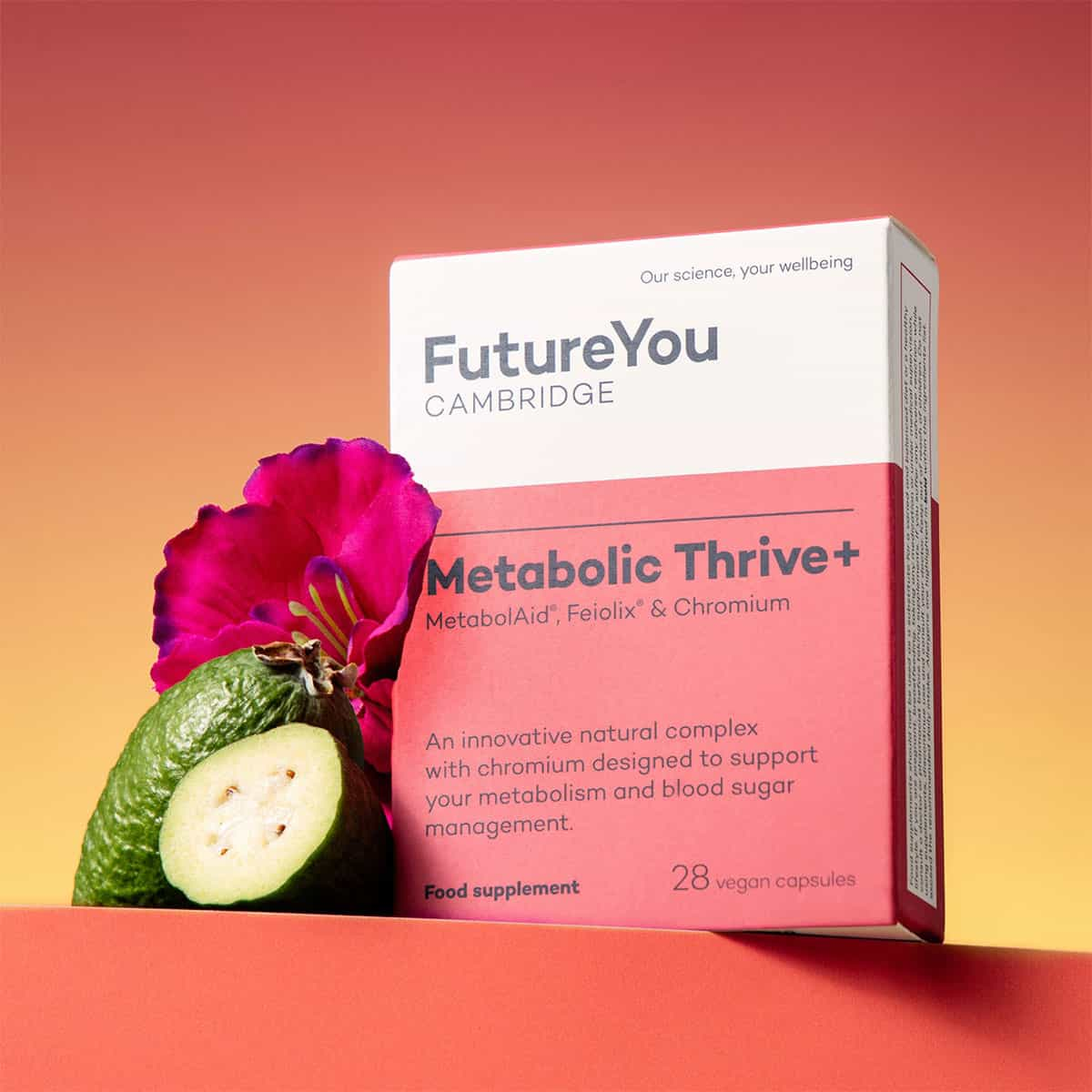




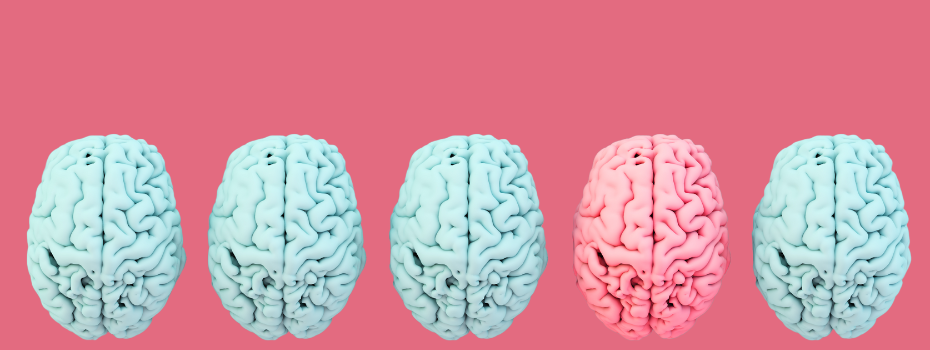


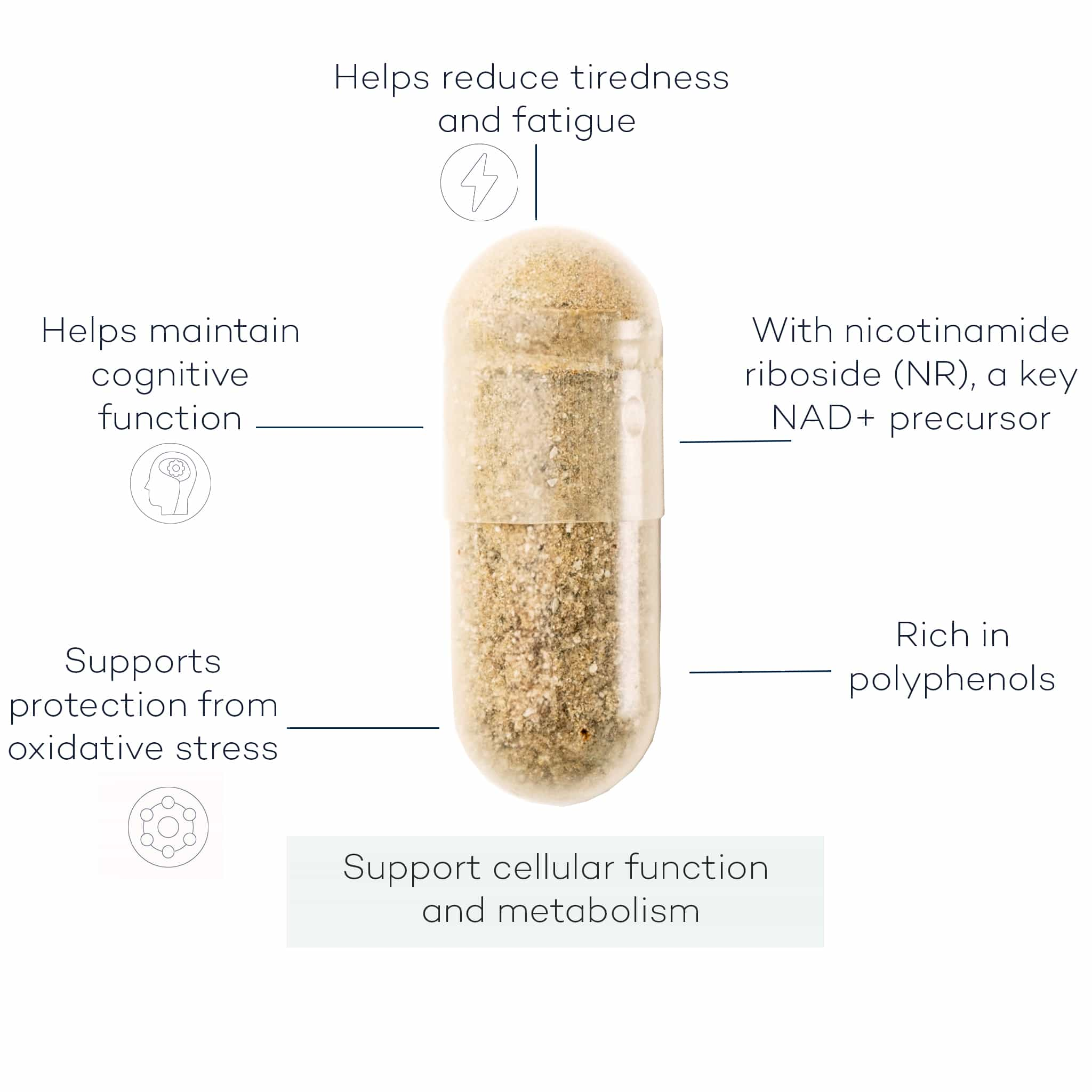
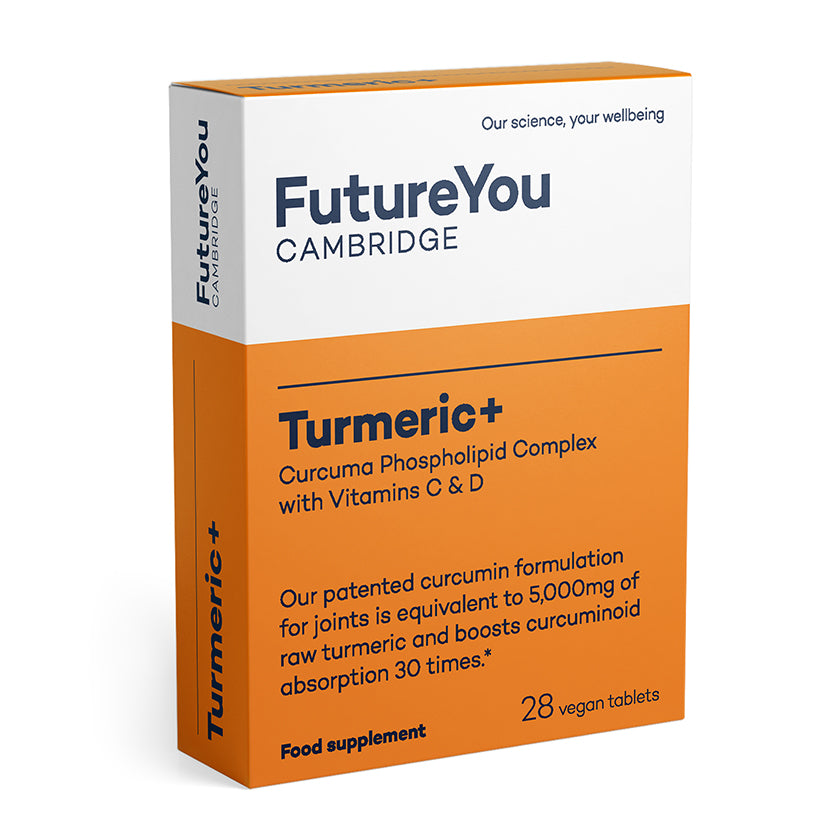
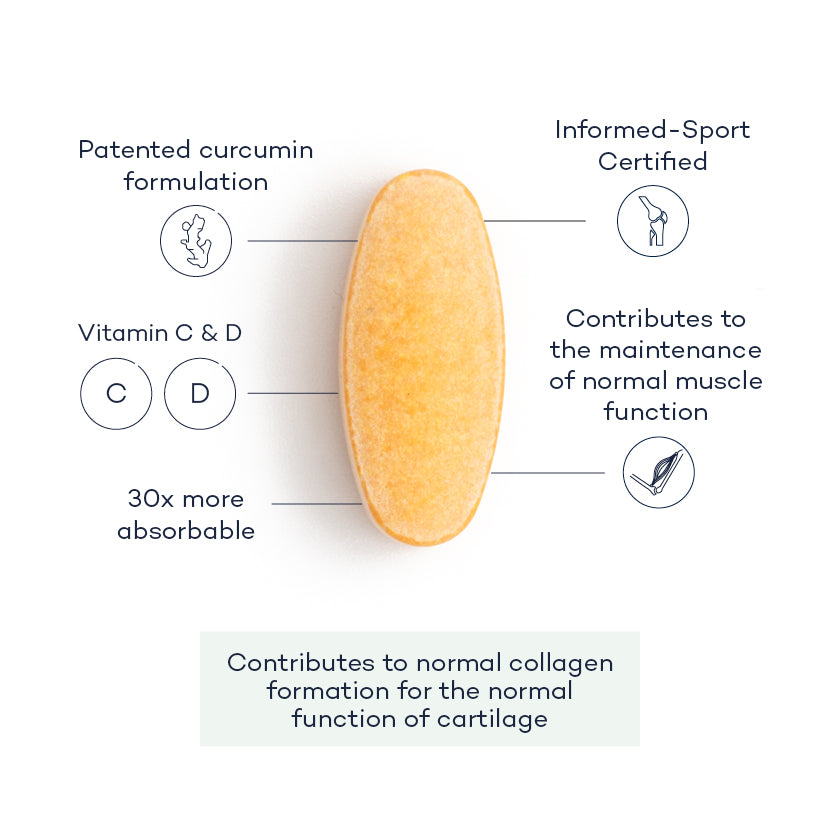
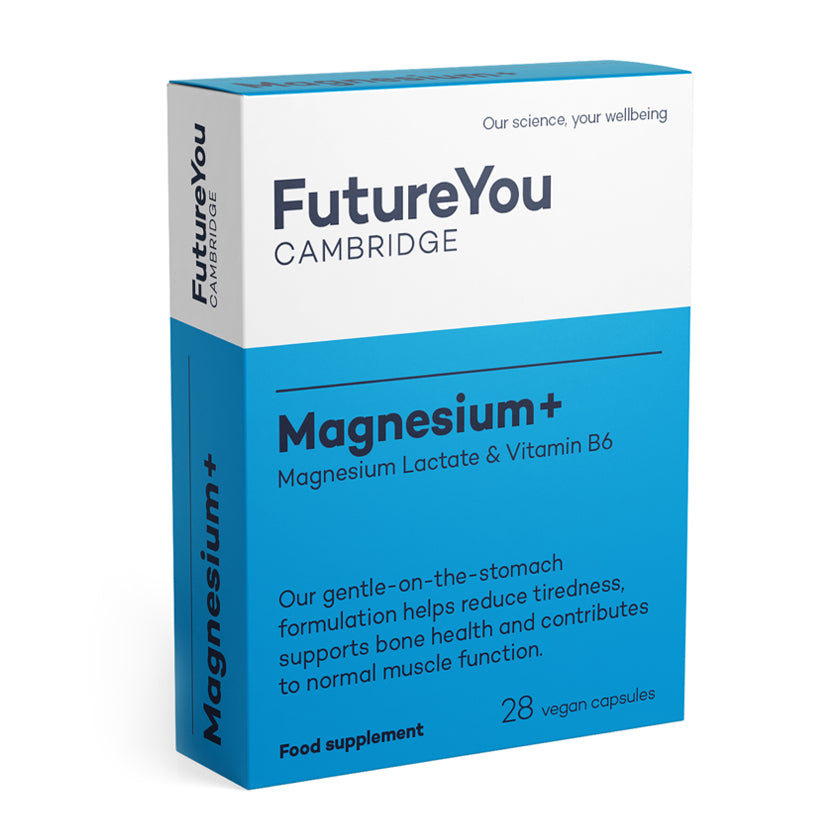
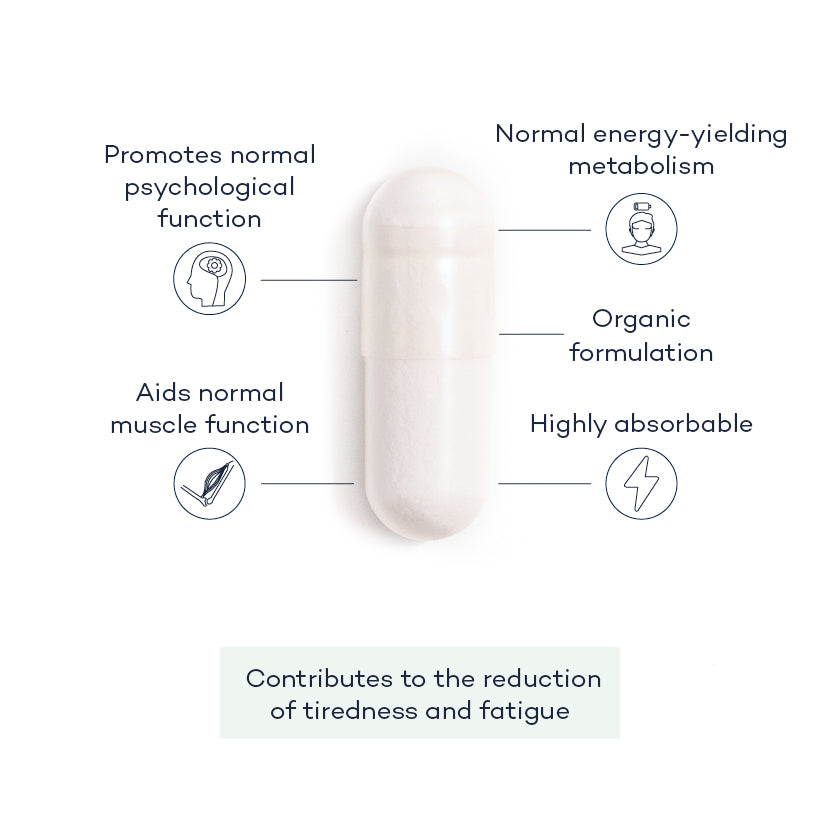
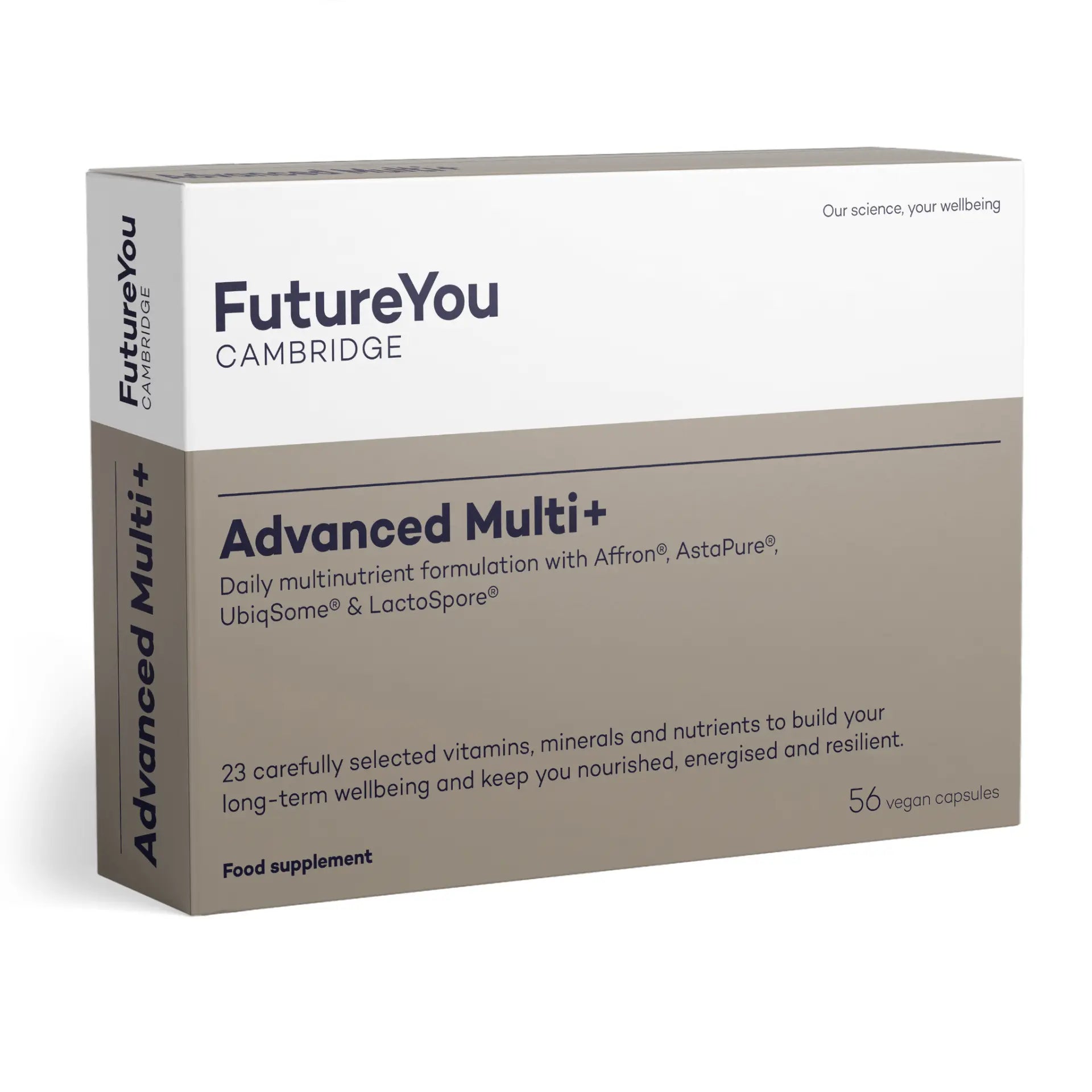
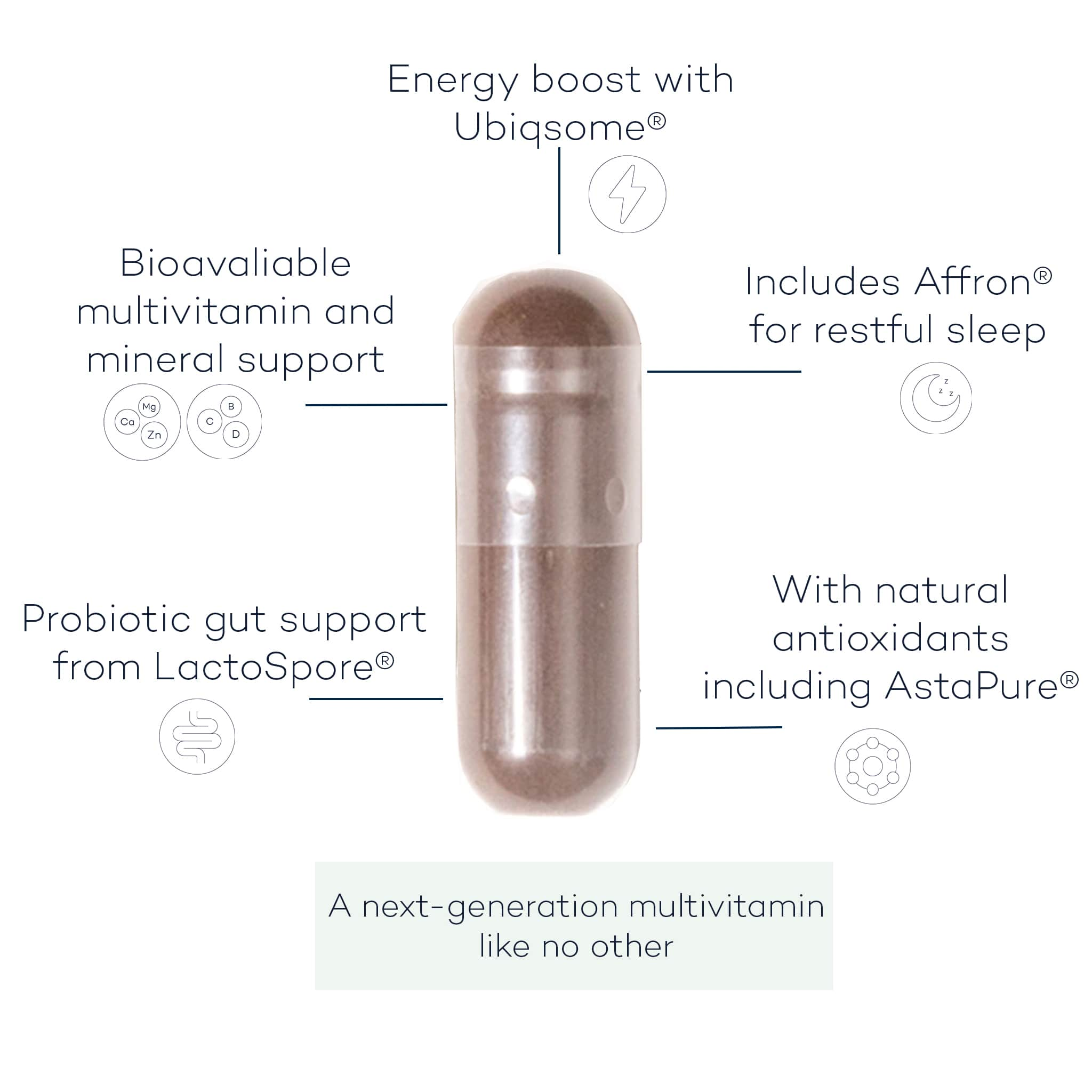
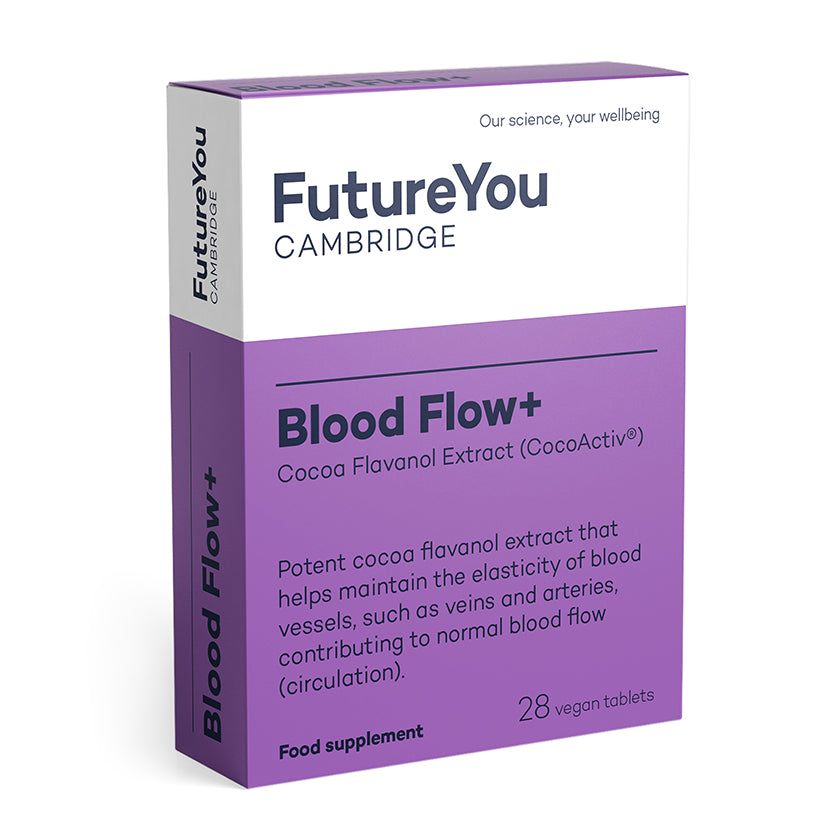
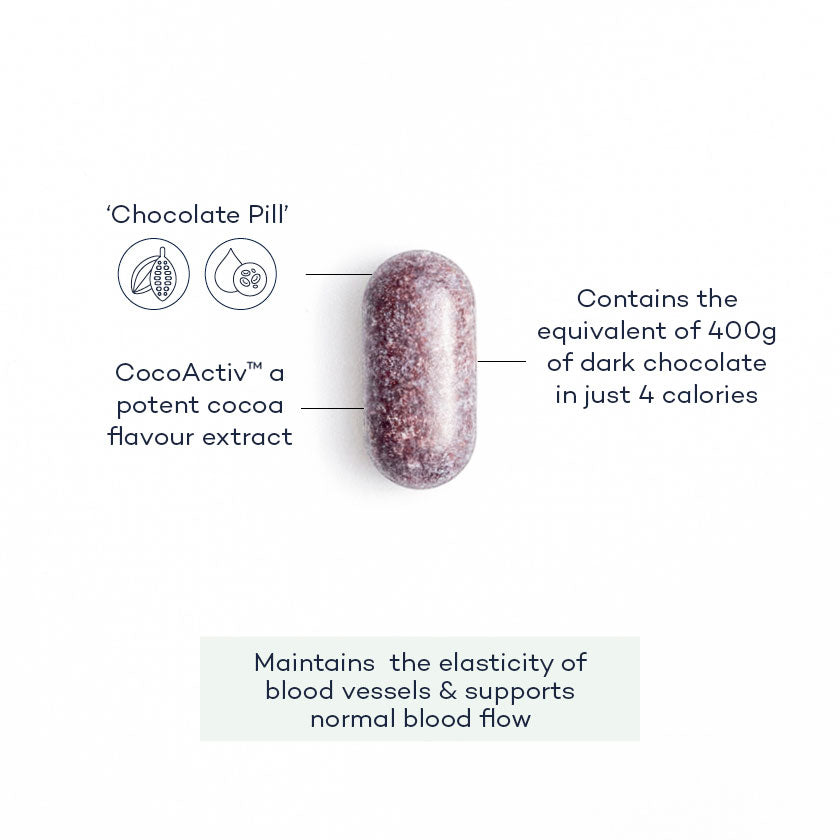
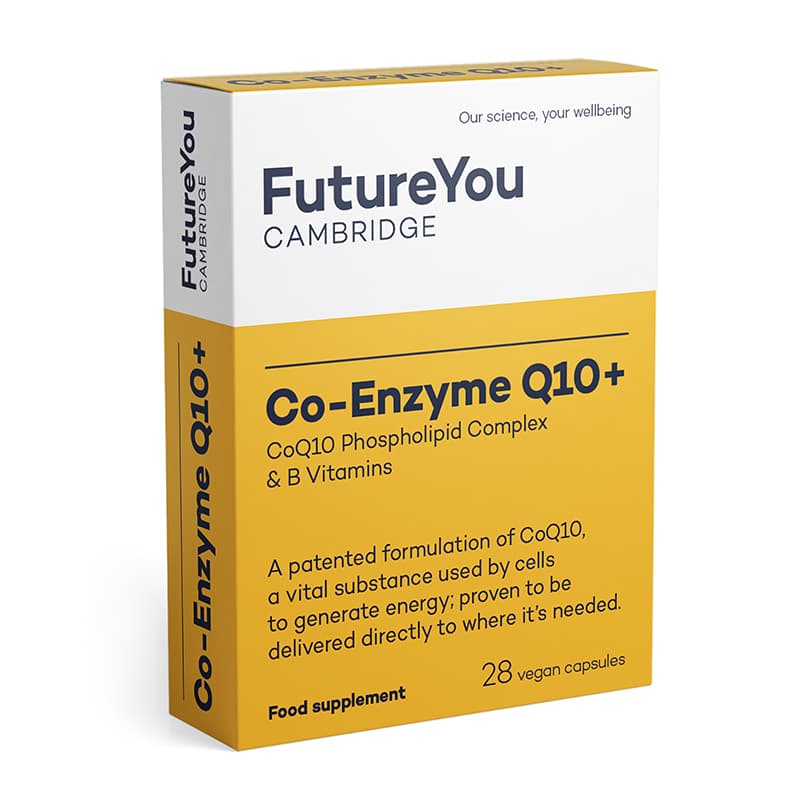
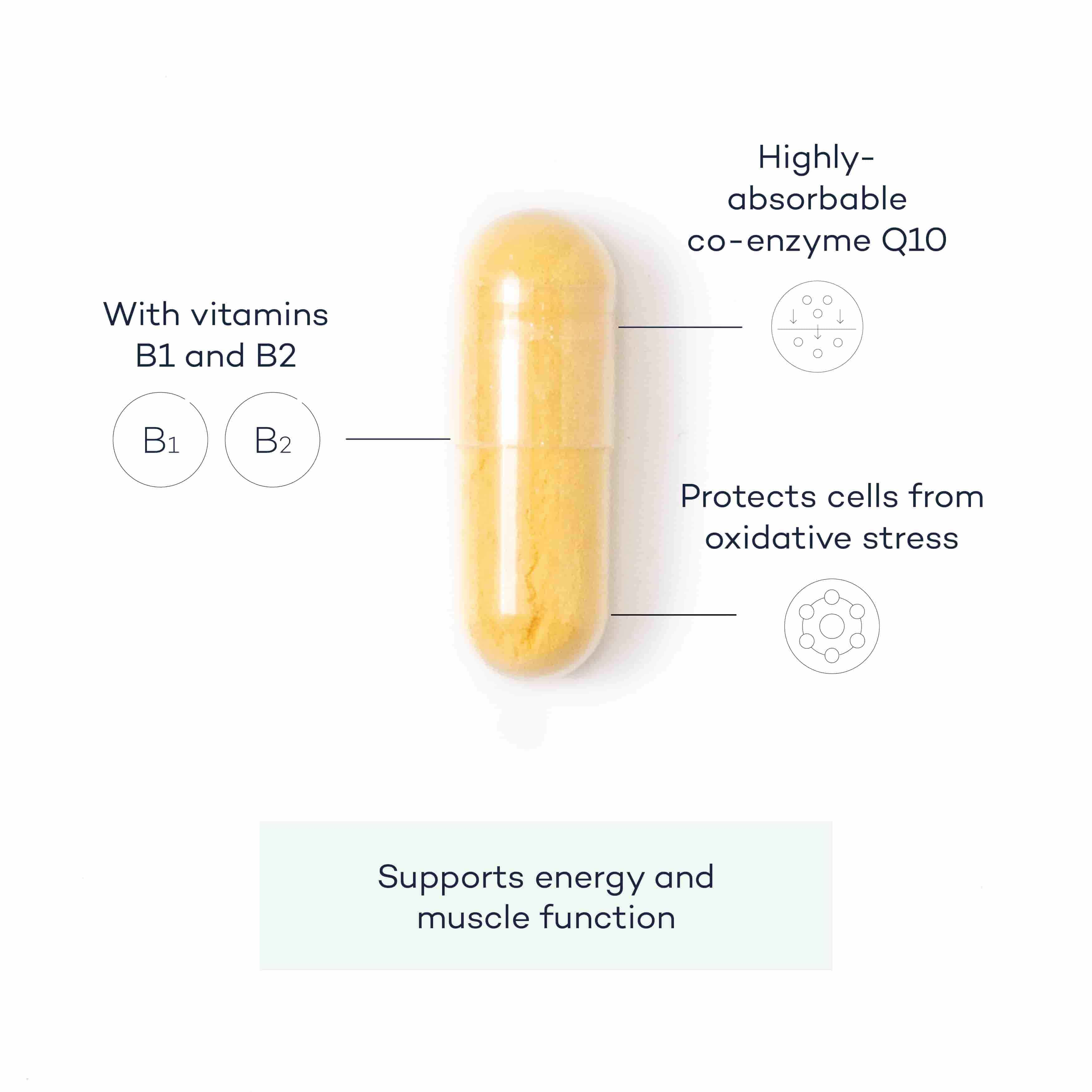
Leave a comment
All comments are moderated before being published.
This site is protected by hCaptcha and the hCaptcha Privacy Policy and Terms of Service apply.